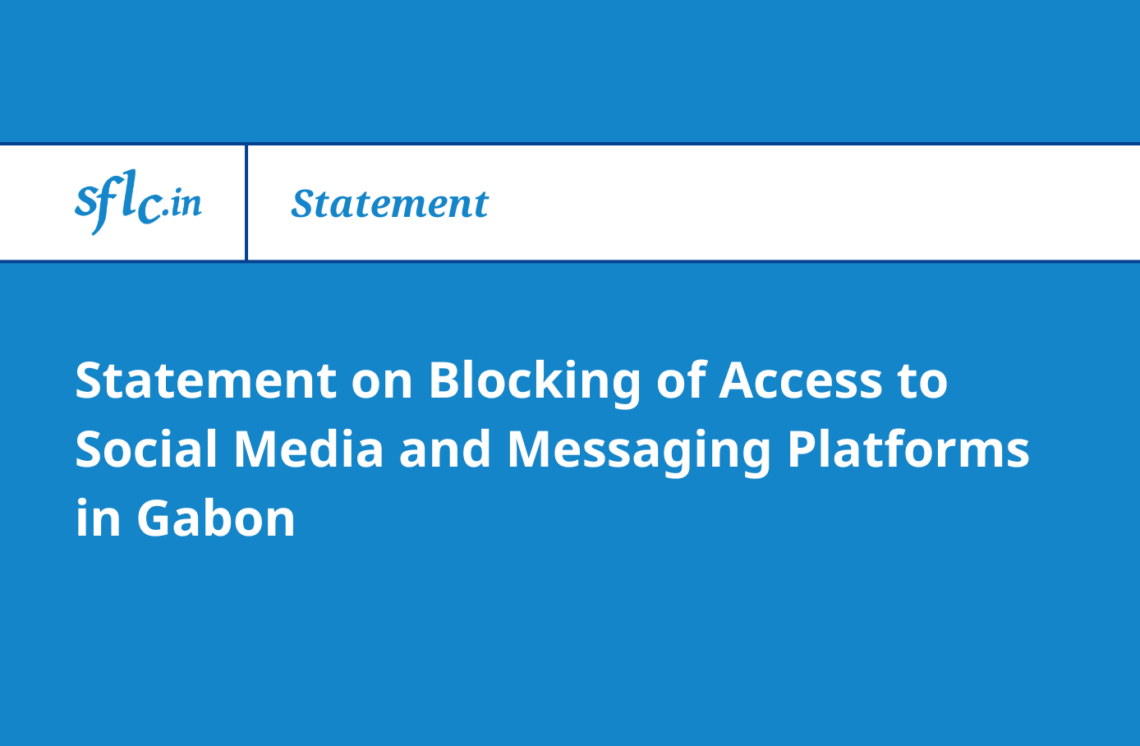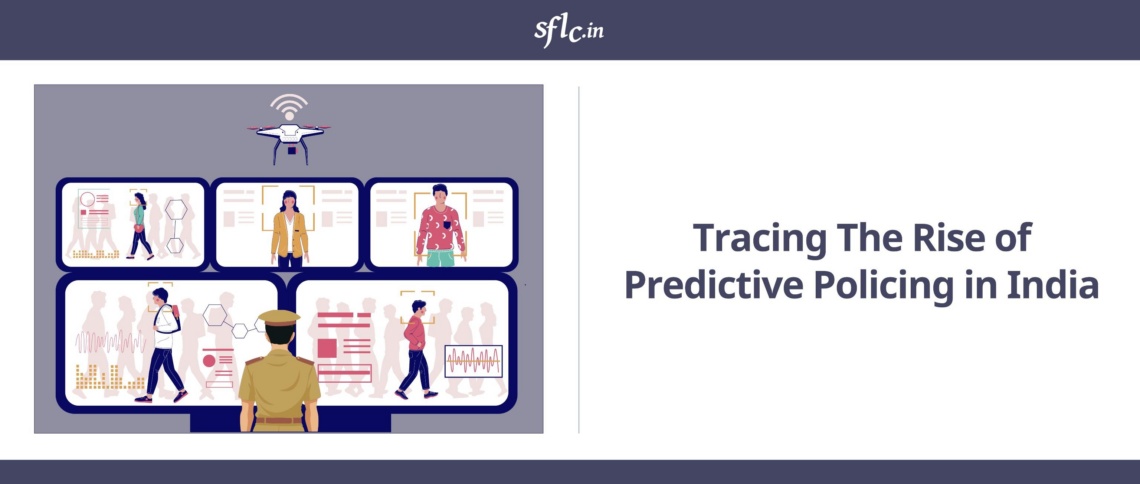Day 14 of the final hearing began with Senior Advocates Arvind Datar and Shyam Divan pressing the court for interim relief, asking for the deadline of March 31st to link Aadhaar with various services to be extended.
Mr. Datar began with stating his main challenges:
-
On Aadhaar Act being passed as a Money Bill.
-
On Rule 9 of the Prevention of money Laundering rules, terming it to be violative of Article 14 of the Constitution.
He said that arguendo if Aadhaar was upheld, it could not go beyond the realm of subsidies. He further urged the Bench to revisit the Aadhaar-PAN judgment in view of the privacy judgment. He further highlighted the continuous and blatant violations of the orders of the Supreme Court and stated that these violations should not be condoned.
Commencing his first argument on Aadhaar-bank linking, Mr. Datar argued that the Master Directions issued by RBI in 2016 for KYC purposes was a comprehensive circular issued under the PMLA itself and covered all the issues with respect to the Bank Accounts. He stated that PMLA rules were in contradiction of the RBI circular. He pointed out the safeguards existing in the master circular and stated that the circular allowed the option of any of the six IDs as a proof which was in direct conflict with the PMLA rules which made the production of Aadhaar mandatory.
He further submitted that Aadhaar is only required to establish the identity of the individuals and thus, it cannot be used to establish the identity of the company.
Mr. Datar then moved on to read the impunged rules which said that in case of non-linking, the accounts would become inoperational and termed it to be draconian. He stated that it was in violation of Supreme Court order making Aadhaar voluntary and limited to only specific schemes.
He further submitted that the rules violated Article 300A of the Constitution, depriving a person of his property. When Justice Chandrachud pointed out that the property was not being forfeited, Mr. Datar clarified that deprivation of property was taking place under the said Article, which could be temporary or permanent in nature.
He further argued that even if Aadhaar Act was assumed to be valid, it was meant to be free and voluntary as also specifically mentioned on the enrollment form. However, in the present scenario, Aadhaar has been made mandatory for everything, he said.
Commenting on the mandatory aspect, he said that Aadhaar Act recognises the an individual’s choice to obtain Aadhaar. However, in case of PMLA rules, no choice of Aadhaar is provided, thus discriminating between people on the basis of their choice which cannot be permitted. He said in case a person wanted to exercise his valid choice of not taking Aadhaar, he run the risk of his bank account becoming inoperable. He remarked that the present PMLA rules violated every possible aspect of Article 14 including classification, equal treatment as well as manifest arbitrariness.
Mr. Datar then went into the PMLA act and its objective and stated that any rule made under the Act must have a nexus with the Act. However, in the present case, rule 9 has no nexus with the Act. He then went on to read the call drops case and recalled how a set of regulations on call drop charges were struck down as it was inconsistent with an earlier regulation enacted under the same statute.
Justice Chandrachud pointed out that the Master circular of RBI was released under the Banking Regulations Act while the rules were enacted under the PMLA act. He said that the two were enacted under two different legislations unlike the Cellular Operators (Call drop case). In response, Mr. Datar brought the attention of the court at the source of the power, saying that circular derived its authority from both PMLA rules as well as Section 73 of the Act. Thus, the call drops judgment applied to it squarely.
The arguments will continue on 7th March, 2018.



